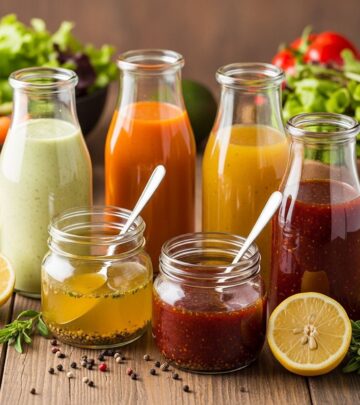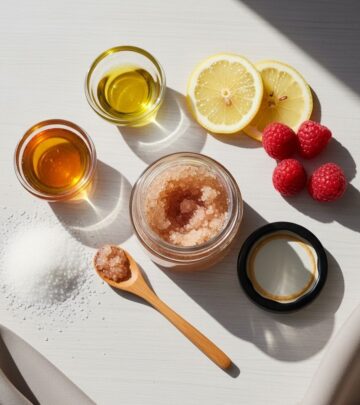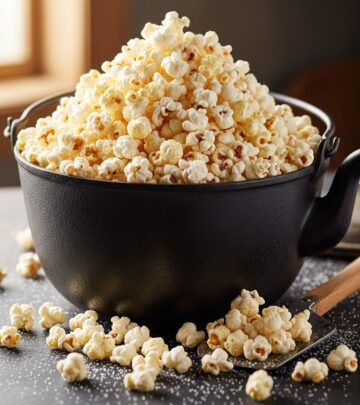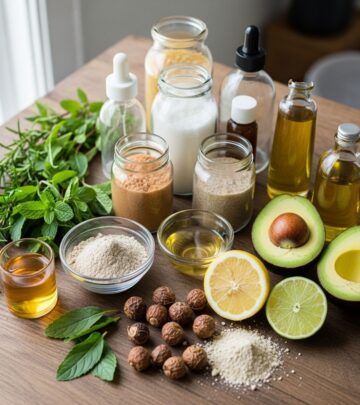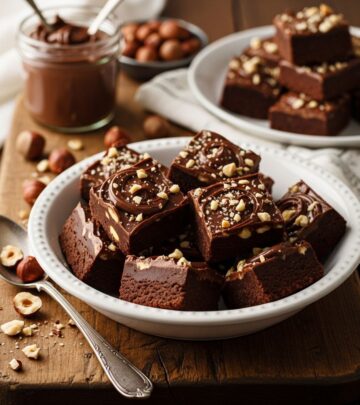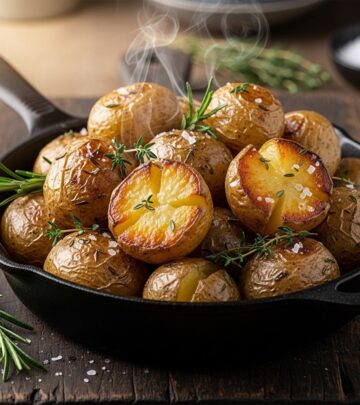How to Ripen Peaches: A Guide to Perfectly Sweet, Juicy Fruit
Bring out velvety softness and sweet aroma using everyday items in your kitchen.
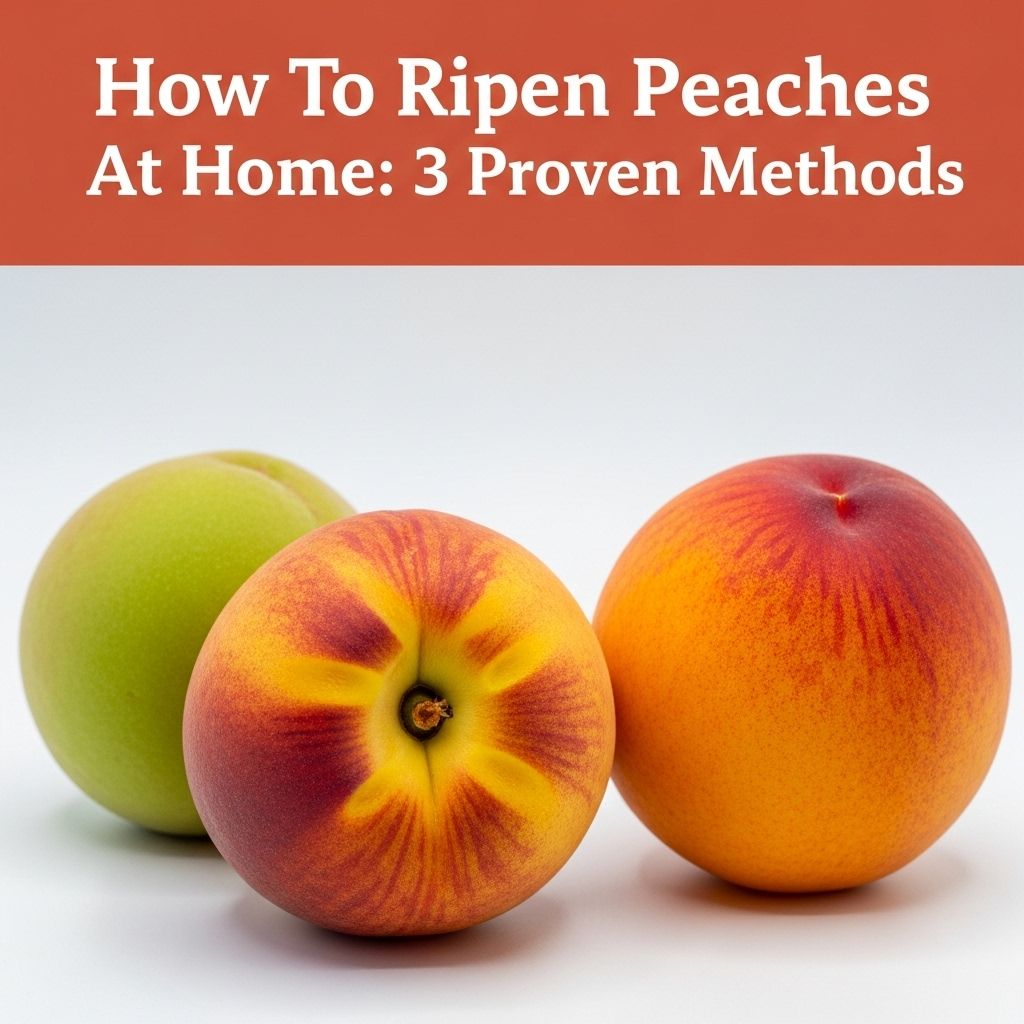
How to Ripen Peaches: The Complete Home Guide
There’s nothing like biting into a perfectly ripe peach—velvety skin giving way to sweet, juicy flesh. Peaches, though, rarely reach that ideal stage right after you bring them home from the store or market. Ripening peaches at home is a combination of timing, temperature, and technique. This guide demystifies the process, explaining the science, practical methods, and professional tips for peach perfection.
Understanding Peach Ripeness
Ripeness is all about texture, aroma, and sweetness. A ripe peach is slightly soft to the touch (not mushy), gives off a fragrant, floral scent, and has vibrant skin color. Most peaches sold in stores are picked underripe to withstand shipping and prevent bruising, so home ripening is often essential.
Signs of a Ripe Peach
- Touch: Yields to gentle pressure, especially near the stem.
- Fragrance: Emits a pronounced sweet, floral aroma.
- Color: The green undertone fades, revealing golden-yellow and deep reddish hues.
- Texture: Skin has a little give, flesh is juicy but not mealy.
The Science Behind Peach Ripening
Peaches are climacteric fruits, meaning they continue to ripen after being picked due to the natural production of ethylene gas. Ethylene triggers processes that convert starches to sugars, soften cell walls, and enhance aroma. Understanding this process helps inform the best ways to ripen peaches at home.
Do Peaches Ripen Off the Tree?
Yes, peaches can and do ripen after picking. However, the ripening process at home affects only certain qualities:
- Peaches become softer and more aromatic after picking.
- Sugar content does not increase significantly after picking, as peaches do not transport additional sugars from the tree post-harvest.
- Peak flavor is best developed when peaches are allowed to mature as long as possible on the tree, but home ripening improves texture and juiciness.
How to Ripen Peaches at Home
Here are the most reliable techniques for ripening peaches at home. Each method leverages the peach’s natural ethylene production and sensitivity to temperature changes.
1. The Paper Bag Method
This is the classic and most effective way for home ripening.
- Place unripe peaches in a paper bag (add an apple or banana for extra ethylene, if desired).
- Fold the top of the bag loosely to allow airflow while concentrating ethylene gas.
- Store at room temperature (68–77°F / 20–25°C).
- Check peaches daily for ripeness—typically takes 1 to 3 days.
- Note: Avoid using plastic bags—they trap moisture and may cause mold or rot.
2. The Countertop Method
If you’re not in a rush, simply spread peaches out on a countertop.
- Keep peaches unstacked, stem-side down, in a single layer.
- Store in a warm, dry spot out of direct sunlight.
- Ripening may take 2 to 4 days depending on starting firmness.
3. The Fruit Bowl Method
Let peaches ripen alongside other ethylene-producing fruits, such as bananas or apples.
- Group together in a bowl at room temperature.
- Check daily; ripening will be accelerated due to increased local ethylene concentration.
Comparison Table: Peach Ripening Methods
| Method | Time to Ripen | Pros | Cons |
|---|---|---|---|
| Paper Bag | 1–3 days | Fast, easy, effective | Peaches can overripen quickly if not checked daily |
| Countertop | 2–4 days | Gentle, no special supplies needed | Slower, possible uneven ripening |
| Fruit Bowl with Apple/Banana | 1–2 days | Very fast | Can lead to overripening or bruising from contact |
Methods to Avoid When Ripening Peaches
- Do not refrigerate unripe peaches. Cold temperatures halt the ripening process and can cause mealy, flavorless fruit.
- Do not use plastic bags. They trap humidity and induce molding.
- Avoid sunlight exposure. Sun heats the fruit unevenly and may cause spoilage or uneven ripening.
How to Store Ripe Peaches
Once your peaches reach peak ripeness, slow the process to prevent overripening:
- Refrigerate ripe peaches if you need to store them for longer; cold temperatures slow down further ripening and spoilage.
- Arrange peaches in a single layer to avoid bruising.
- Eat refrigerated peaches within 3–5 days for best flavor and texture.
Freezing Peaches for Long-Term Storage
- Peel and slice fully ripe peaches.
- Lay slices on a baking sheet lined with parchment and freeze until solid.
- Transfer to airtight containers or freezer bags.
- Use frozen peaches for smoothies, baking, or desserts.
Peach Ripening FAQs
How can I tell if my peaches are underripe, ripe, or overripe?
Underripe peaches: Very firm, little to no fragrance, greenish skin undertones.
Ripe peaches: Gently soft, very aromatic, golden and reddish skin, feel heavy for their size, juicy but not mushy.
Overripe peaches: Very soft, may have bruises or wet spots, overly strong aroma, sometimes leaking juice.
What do I do with overripe peaches?
- Use them in smoothies, pies, cobblers, or jams—overripe fruit is perfect for recipes where texture is less important.
- Freeze slices for later use.
Can I ripen peaches faster?
You can speed up ripening by placing peaches in a paper bag with an apple or banana. Ethylene from these fruits accelerates the process, but be careful—they can go from underripe to overripe in less than a day, so monitor closely.
Is it safe to eat peaches that are soft and wrinkled?
If the peach is just soft and wrinkled but not fuzzy, leaking, or sour-smelling, it is still safe to eat. Use immediately or cut away any compromised areas.
Why do my store-bought peaches never seem to ripen properly?
Commercial peaches are often picked too early, preventing development of full flavor and sugars. Ripening at home improves texture and aroma, but cannot fully compensate for a peach picked immaturely.
Tips for Buying the Best Peaches
- Look for: Even coloring with a creamy yellow or golden base (not green).
- Peaches that feel heavy for their size usually have more juice.
- Choose fruit with a pleasant aroma; lack of scent may mean lack of flavor.
- Minor blemishes (not mold or cuts) will not negatively affect ripening or eating.
Pro Tips
- Handle peaches with care—bruises lead to decay and uneven ripening.
- Ripen in small batches to avoid fruit wasting at once.
- If you’re not sure a peach is ready, gently press near the stem; a little give means it’s ready to eat.
Peach Handling and Pitfalls
Even with the best methods, things can go awry. Here’s how to troubleshoot common peach ripening pitfalls:
- Hard, flavorless peaches: Likely picked too early; ripen as long as possible at room temperature, but some may never sweeten fully.
- Mealy texture: Often caused by cold storage of unripe peaches; always ripen at room temperature first.
- Moldy spots: Discard affected fruit and check storage for excess moisture.
- Rapid spoilage: Ripening was too fast, or peaches were already close to overripeness. Ripen in smaller batches next time.
Frequently Asked Questions (FAQs)
Q: Can you ripen peaches in the refrigerator?
A: No. Cold temperatures halt or slow the ripening process and can lead to mealy peaches. Always ripen peaches at room temperature, then refrigerate only when they reach desired ripeness.
Q: My peaches went from hard to mushy overnight. What happened?
A: Ethylene-induced ripening can be rapid, especially with fruit-bowl or paper-bag methods. Check peaches often—every 12 hours if they’re close to ripe.
Q: Do other stone fruits ripen like peaches?
A: Yes—nectarines, plums, and apricots are also climacteric and ripen at home using similar techniques.
Q: What are some recipe ideas for ripe or overripe peaches?
A: Enjoy ripe peaches fresh, in salads, desserts, or grilled. Overripe peaches are excellent for smoothies, sauces, jams, and cobblers.
Conclusion: Savor the Sweetness
Ripening peaches at home is simple with the right knowledge. Choose fruit wisely, use the paper-bag or countertop methods, and enjoy the fleeting perfection that only a ripe peach can offer. Infuse your summer table with juicy, aromatic peaches—expertly ripened by you.
Read full bio of medha deb

